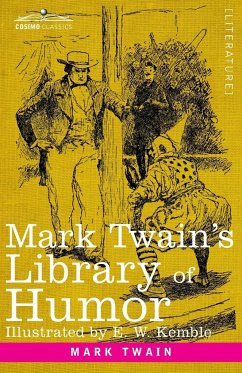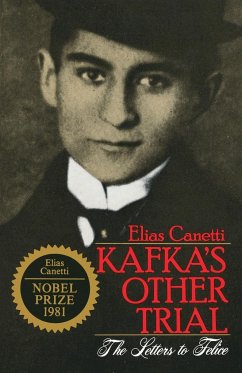
Mark Twain's Library of Humor
Originally Illustrated
Versandkostenfrei!
Versandfertig in 1-2 Wochen
34,99 €
inkl. MwSt.
Weitere Ausgaben:

PAYBACK Punkte
17 °P sammeln!
¿"Now if there is any one class of their authors whom the American people do know rather better than any other, it is the American humorists, from Washington Irving to Bill Nye... We have tried to arrange our Library so as to include passages representative of every period and section." -The Associate Editors in the modern Introduction to Mark Twain's Library of Humor (1888) Mark Twain's Library of Humor (1875) is a collection of short humorous stories compiled by Mark Twain, including his own essays and those of other popular contemporary writers, such as Washington Irving, Harriet Beecher S...
¿"Now if there is any one class of their authors whom the American people do know rather better than any other, it is the American humorists, from Washington Irving to Bill Nye... We have tried to arrange our Library so as to include passages representative of every period and section." -The Associate Editors in the modern Introduction to Mark Twain's Library of Humor (1888) Mark Twain's Library of Humor (1875) is a collection of short humorous stories compiled by Mark Twain, including his own essays and those of other popular contemporary writers, such as Washington Irving, Harriet Beecher Stowe, Ambrose Bierce, and many others. This replica of the 1888 edition of Mark Twain's Library of Humor, with the authentic illustrations by E. W. Kemble, is an entertaining and humorous book for book lovers and Mark Twain aficionados.













